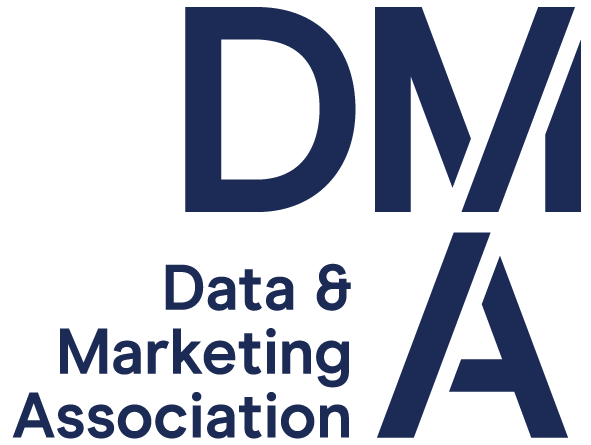People prefer visual content. Attention spans are shortening. People don’t read anymore. At least, that’s what we’re told. So, do words really matter in modern marketing?
Words, of course, do matter. Language is still our primary form of communication, particularly when we have to put across information that needs any significant level of reasoning and interpretation.
The digital revolution has left us inundated with information. Attention is harder to earn and to keep and you have fewer words to get your message across. Doesn’t this mean that each word you choose matters more, not less?
Strangely, written content is usually the part of a website project that gets the least attention. Pictures, graphics and colours take up more meeting time than the tone, meaning or impact of the words that fill the spaces. And deadlines seem to matter more than quality when it comes to regular content publishing. Brands are missing important opportunities to be better connected and more persuasive.
What Do Your Words Say About Your Brand?
Every piece of written content, whether it’s a web page, blog article or social media post is a representation of your brand. If you thought that people were forming a judgement about the likely experience of working with you from what they were reading, would that make you choose and organise your words with greater care?
Content has to be useful and connect with a defined audience. Ideally, it should move people towards taking action. This isn’t a five-minute job.
Emotion in Marketing
Our buying decisions are much less rational than we like to admit. Effective marketing (both B2B and B2C) has to engage our emotions. You can’t hope to do this without finding the right words.
And when people have to rationalise or justify their buying decisions they need words that are concise, targeted and easy to digest.
Content Quality and Search Rankings
Content quality matters if you want your site to perform well in Google searches. Google wants to serve up the most useful, relevant and trustworthy search results to its users. If Google stops being the go-to place for information and answers they won’t be able to earn so much from advertising.
So, Google’s ranking algorithm smiles favourably on content that is original, well written, authoritative and relevant to the audience (based on the search they made). It will downgrade sloppy, unoriginal, irrelevant content and anything that looks like it was written to game a search engine rather than for people.
Words and Pictures
Maybe video is the chosen medium for most of your marketing content – that’s all about images, right? But even here you are likely to have text displayed on screen or a voice-over that has to be scripted. These too, need carefully chosen words to be effective.
There’s no getting away from it, words really do matter in the battle for attention that is modern marketing.
Guest blog by Richard Hussey, https://rshcopywriting.co.uk/





